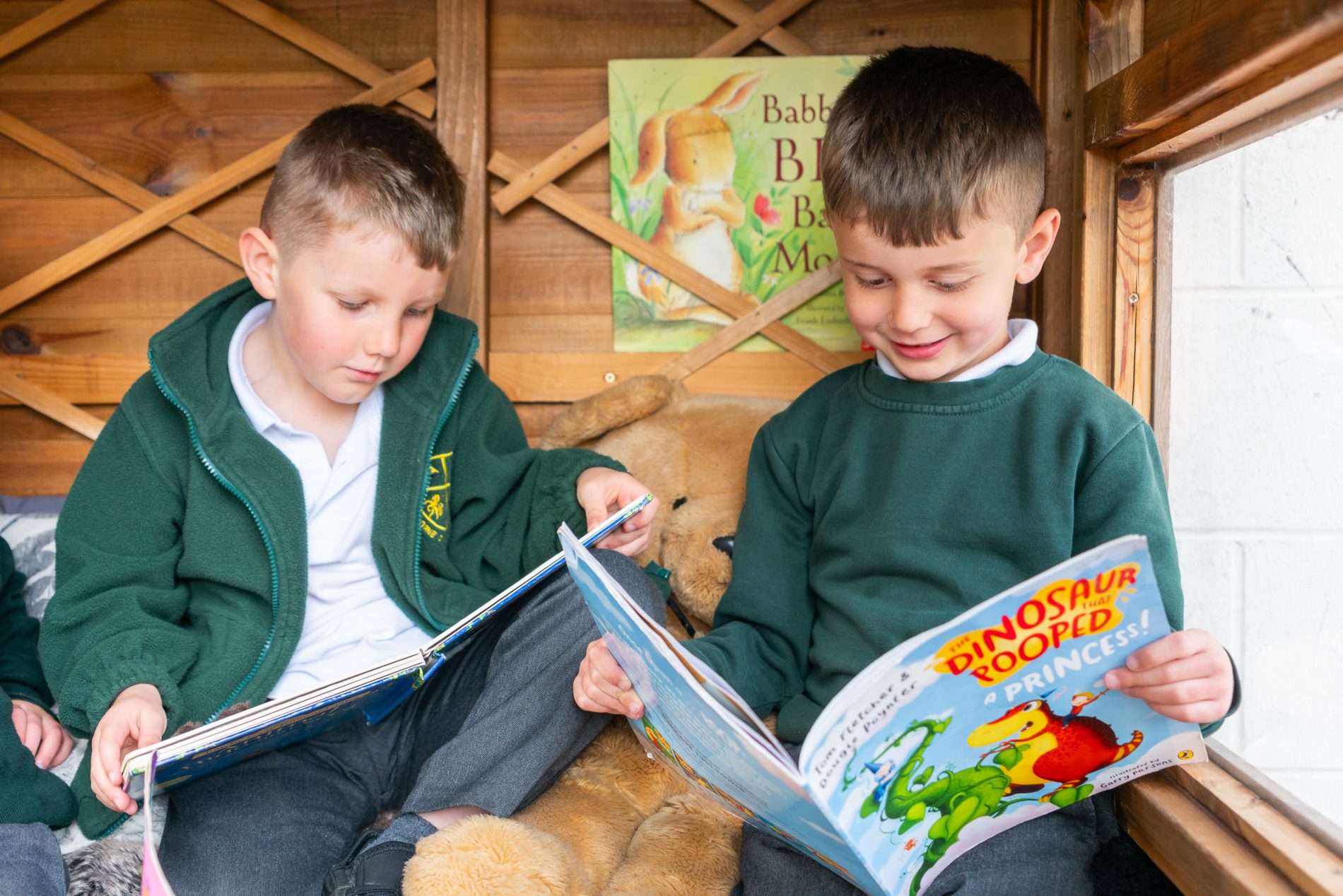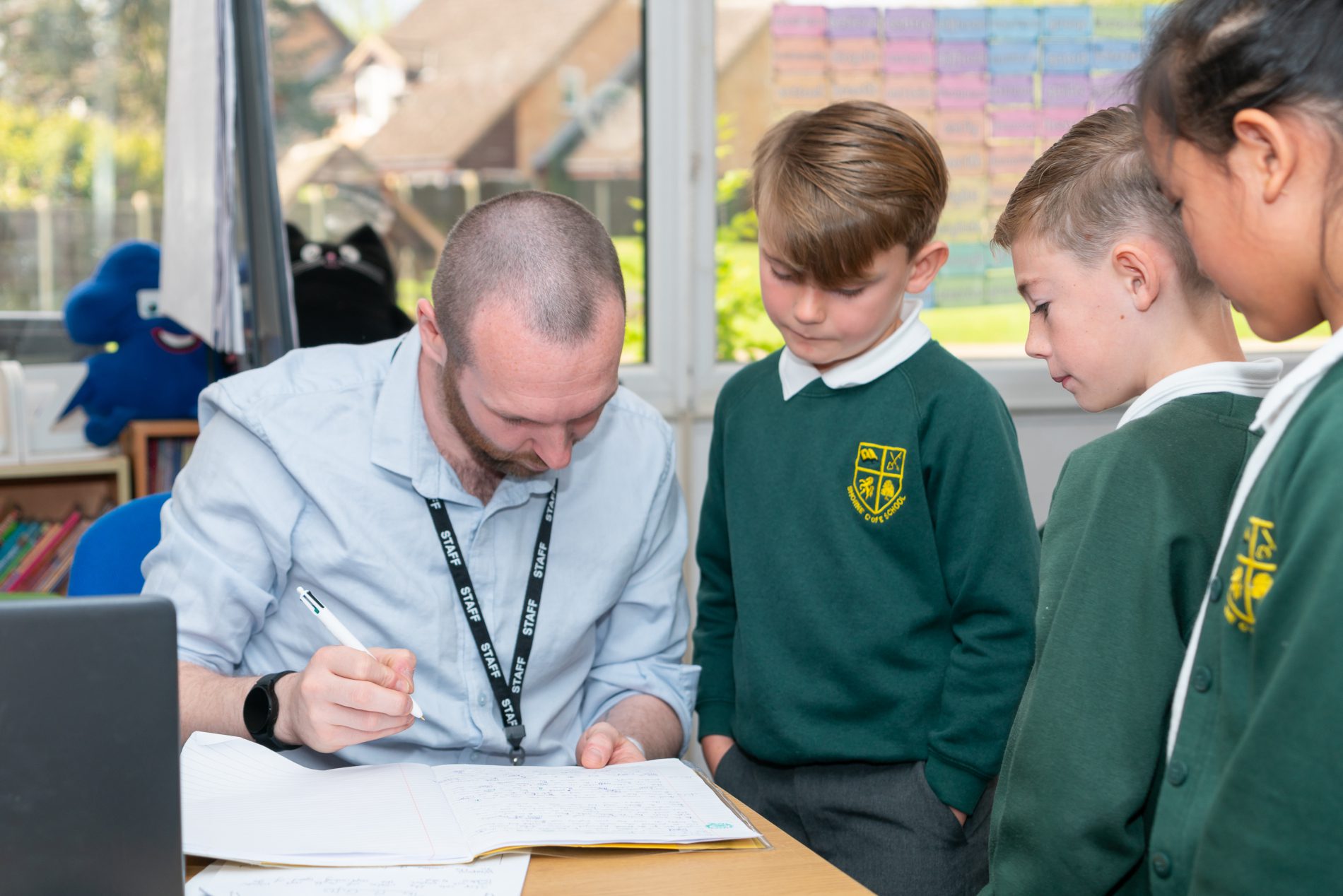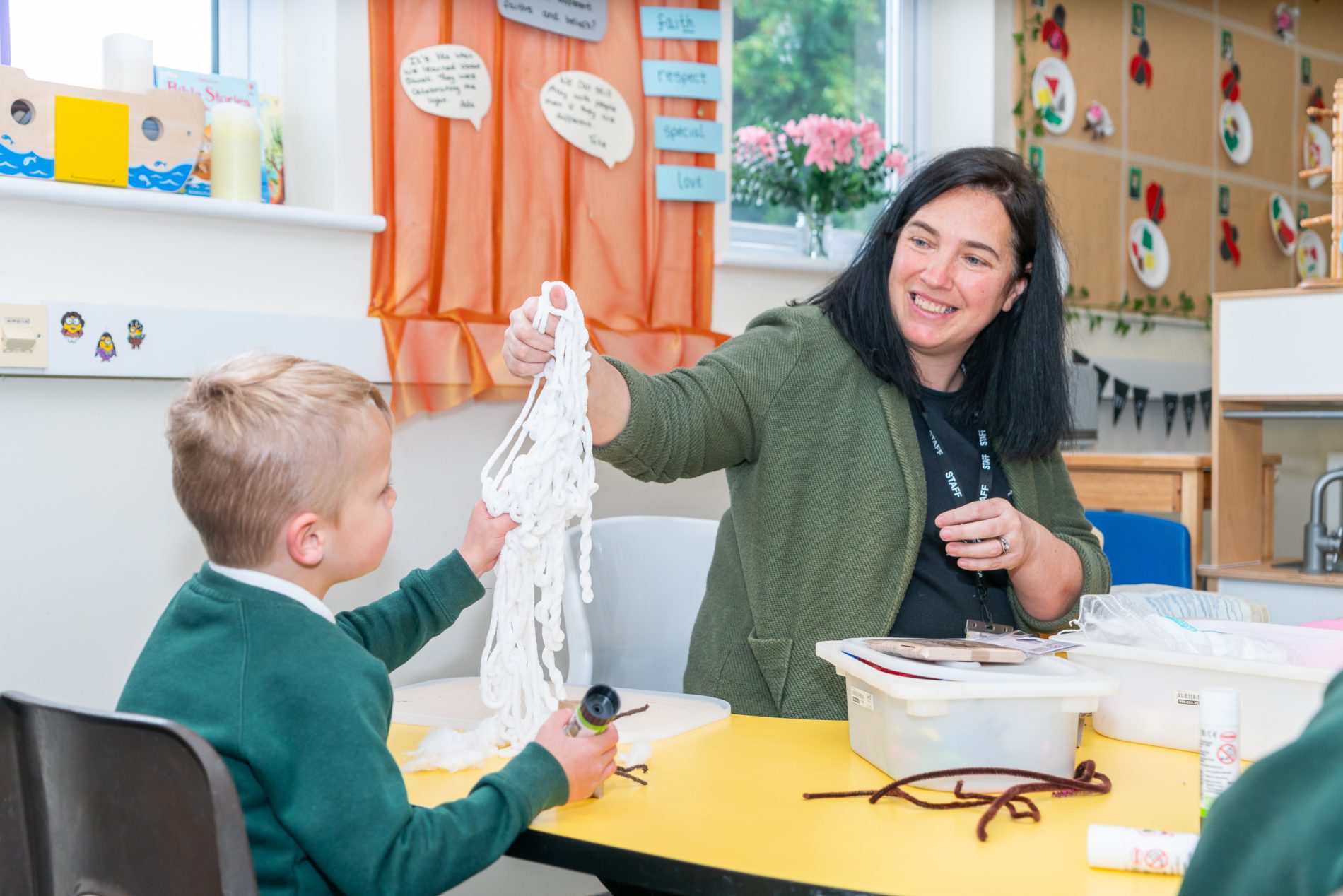Introduction
At Shorne Church of England School, we are passionate about learning and development, and we provide a curriculum that inspires, enriches, represents, and challenges pupils. Our inclusive curriculum is designed with our children’s needs at the forefront, underpinned by our Christian Values of Resilience, Community, and Respect.
Statement of Intent
- To give pupils appropriate experiences to develop as resilient, respectful and articulate future citizens with a ‘can-do’ mindset.
- To provide a coherent, structured, academic curriculum that leads to sustained mastery for all and a greater depth of understanding.
- To ensure pupils’ personal, social, emotional and spiritual needs are met, and that they have opportunities to reflect on and celebrate themselves and empathise with and celebrate others.
Our Curriculum Drivers
We have identified four drivers which support our curriculum intent for the children of Shorne:
Courage Our curriculum is designed to provide pupils with opportunities to experience challenge and to inspire children through the courage of others, to instill in them the courage to take risks and find strength to face and overcome adversity.
Opportunity We design and seize opportunities that may not be a part of our children’s everyday experience; opportunities that impact on their learning, their personal and spiritual development and their cultural capital, and that seek to prepare them for now and for the future.
Resilience We build resilience through fostering children’s understanding of emotional regulation and teaching strategies to overcome challenge, celebrating those who demonstrate perseverance and overcome adversity.
Diversity The pupils at Shorne are global citizens, and our curriculum is designed to celebrate the diversity of our school, local and global communities, with consideration for those with disabilities and additional needs, those from different cultures and religions and from varying social and economic backgrounds. We focus on respect for and understanding of all.
Cultural Capital
Cultural capital is the background knowledge of the world that pupils need to infer meaning from what they read and experience. It is the currency for social mobility, and the acquisition of this will enable pupils to transcend their economic-given status, whilst repairing divisions in society caused by gaps in knowledge.
Specifically, cultural capital is powerful knowledge. It includes vocabulary which, in turn, helps pupils to communicate in an articulate and effective way. Vocabulary is a key part of our curriculum; our curriculum identifies key vocabulary to explicitly teach to pupils, and expectations around reading a range of challenging, diverse and quality texts support vocabulary acquisition for our children.
We give pupils access to carefully considered areas of knowledge, underpinned by our identified drivers, through our breadth of curriculum design. Pupils are able to develop their knowledge of many topics as a result.


Statement of Implementation

Underpinned by our 4 Curriculum Drivers, our curriculum sets out:
- A clear list of the breadth of topics that will be covered
- The Threshold Concepts and Milestones (Learning Intentions) that our pupils will learn
- Criteria for progression within the Threshold Concepts
- Criteria for Depth of Understanding
Sustained Mastery
Nothing is learned unless it rests in pupils’ long-term memories. This does not happen in the short term, and therefore cannot be assessed. Assessment answers two main questions: ‘How well are pupils coping with curriculum content?’ and ‘How well are they retaining previously taught content?’
Cognitive Science Principles
Our curriculum design is based on evidence from cognitive science; three main principles underpin it:
- Learning is most effective with spaced repetition.
- Interleaving helps pupils to discriminate between topics and aids long-term retention
- Retrieval of previously learned content is frequent and regular, which increases both storage and retrieval strength.
In addition to the three principles, we also understand that learning can be invisible in the short-term, and that sustained mastery takes time.
Statement of Impact
By the end of each milestone, the vast majority of pupils will have sustained mastery of the content; that is that they remember key concepts and are fluent in them. Some pupils will have a greater depth of understanding. We track carefully to ensure pupils are on course to reach the expectations of our curriculum through both formative and summative assessment.
At Shorne, we work together to provide an exceptional curriculum and enrichment opportunities with the pupils’ needs, development and future aspiration at the heart of it, impacting on both academic achievement and personal development. We believe that every child should be encouraged to achieve the highest standards, in an environment where challenge, resilience and success is celebrated. Our children enjoy school and the opportunities it affords them, and grow in confidence, responsibility and independence, leaving us well-equipped for the next stage in their education and journey of lifelong learning.
Everything we do at Shorne is with the children in mind, and strong relationships are built across the community to create an atmosphere conducive to success for all.

Curriculum End Points
Our curriculum is designed with two-year end points. The rationale behind this is based on various pieces of research not least than that of Paul Kirschner – ‘Learning is a Change in Long Term Memory’ and the vast research around spaced learning and repetition.
Therefore, all curriculum subjects for Years 1-6, are grouped into three Milestones:
- Throughout Y1 and Y2, children will be assessed on the concepts contained in Milestone 1.
- During Y3 and Y4, all children will be assessed on the concepts contained in Milestone 2.
- Finally, in Y5 and Y6 all children will be assessed on Milestone 3.
All children begin each Milestone at the ‘Basic’ level. At this level they are acquiring new skills and are dependent upon the support of adults in order to learn new concepts. A child at the ‘Basic’ level will be able to: name, describe, follow instructions, use, match, recognise, label and recall concepts and skills, essential in a specific milestone. For a child to achieve Basic 1 they will have some evidence of the ‘Basic Milestone’, whereas a child who is assessed as Basic 2 will have a widespread of evidence.
Once children are able to demonstrate this ability on multiple occasions, they move to the ‘Advancing’ stage. They are now more independent learners, capable of making some degree of decision whilst applying some of their skills with guidance. Typically, they are able to: explain, classify, infer meaning, make predictions, interpret, summarise and apply their skills to solve problems. For a child to achieve Advancing 1 they will have some evidence of the ‘Advancing Milestone’, whereas a child who is assessed as Advancing 2 will have a widespread of evidence.
Finally, some children may reach the ‘Deep’ level of thinking. This involves a high level of cognitive challenge, where children are expected to apply their skills in a range of complex contexts without the guidance of adults. At this stage, children are able to: solve non-routine problems, appraise, explain concepts, hypothesise, investigate, design and prove. At a ‘Deep’ level, children will have ‘Mastered’ all the skills and concepts taught. It is important to note, however, that only some children will reach this level of understanding during the course of their learning journey.
In Key Stage 1 or 2, if a child is reported as ‘Significantly Below/Below’ in any curriculum area, this represents that they are not currently working at the ‘Basic’ level of understanding.
Curriculum progression in each stage
The curriculum in Early Years is led by children’s needs and underpinned by the Early Years Statutory Framework. It strikes a balance between child initiated and adult led. Carefully planned continuous provision and an enabling environment evolves to meet the needs of our children.
- The curriculum breadth for each year group ensures there is clarity of coverage. As well as outlining key knowledge from the National Curriculum for each subject, it also outlines opportunity for growth of cultural capital for pupils.
- Threshold Concepts are the key disciplinary aspects of each subject. They build conceptual understanding within subjects and are repeated many times within each subject.
- Milestones define the standards within each of the threshold concepts across a 2-year cycle.
- Depth: We expect pupils in Year 1 of the milestone to develop a Basic understanding of the concepts and an Advancing or Deep understanding in Year 2 of the milestone. Phase 1 in a milestone (Years 1, 3 and 5) is the knowledge-building phase that provides the fundamental foundations for later application. Learning at this stage must not be rushed and will involve a higher degree of repetition so that knowledge enters pupils’ long-term memory. If all core knowledge is acquired quickly, teachers plan to develop extended knowledge. Those children working below a Basic understanding will work toward Pebbles, which build smaller steps of understanding when working towards a Milestone.
If you require any further information about our curriculum, please do not hesitate to contact the school office who will put you in contact with the relevant subject leader.

